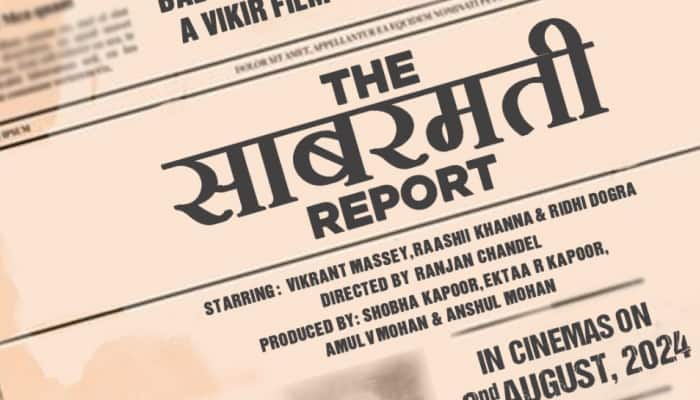Imran Khan Or Nawaz Sharif? Pakistan's Poll Body Sets In Motion Procedure For February 8 General Elections
As the country embarked on a tight schedule to conduct the elections on February 8, on the very first day, a total of 82 candidates received nomination forms across three constituencies within Islamabad while the data from other places was not immediately available.
Trending Photos
)
ISLAMABAD: Pakistan's top poll body on Wednesday began accepting nomination papers from prospective candidates, thus setting in motion the procedure for the February 8 general elections. Beginning the process of receiving nomination papers from potential candidates, the Election Commission of Pakistan (ECP) said they can collect forms from the electoral body from 8:30 am to 4:30 pm, and submit their nomination papers by December 22.
As the country embarked on a tight schedule to conduct the elections on February 8, on the very first day, a total of 82 candidates received nomination forms across three constituencies within Islamabad while the data from other places was not immediately available. According to the procedure, the ECP will release the preliminary list of candidates on December 23, while the scrutiny of nomination papers will be held from December 24 to 30.
The electoral authority will allot election symbols to parties and independent candidates on January 13, a little less than a month in the lead-up to the polling date of February 8. After fresh delimitation, the National Assembly (NA) would consist of 336 seats, including 266 general seats, 60 seats reserved for women, and 10 for non-Muslims.
The guidelines for the candidates intending to submit nomination papers were issued on Tuesday, a day before the ECP started receiving nomination papers for both the national and provincial assemblies, the Dawn newspaper reported. Those contesting for the National Assembly would have to submit Rs 30,000 with nomination documents, while the fee for a provincial assembly is Rs 20,000. A candidate is legally allowed to submit a maximum of five nomination papers.
According to the rules, every Pakistani citizen aged 25 or above is eligible to contest for any National Assembly seat whereas provincial assembly contestants must belong to the concerned province. “In Karachi, the nomination papers will be filed for 22 National Assembly seats and 47 provincial assembly seats, while 69 returning officers and seven district returning officers have been posted for the national and provincial assemblies,” Geo News reported.
The process of collecting nomination papers began after the oath-taking of district returning officers (DROs) and returning officers (ROs) by the electoral body under the Elections Act 2017, it said. At least 859 returning ROs already completed their three-day training on Monday, while 144 DROs were trained on Tuesday.
The ROs had already received one-day training before Imran Khan-led Pakistan Tehreek-e-Insaf (PTI) office-bearer and lawyer moved the Lahore High Court, leading to the suspension of the notification of their appointment. Their training, consequently, was suspended on December 14. However, the Supreme Court set aside the LHC order and directed the ECP to issue the election schedule, which resulted in the restoration of notification concerning DROs and ROs. This time, Pakistan Muslim League (N)-led by former PM Muhammad Nawaz Sharif will look to retain power. (With agency inputs)
Stay informed on all the latest news, real-time breaking news updates, and follow all the important headlines in india news and world News on Zee News.
Live Tv







)
)
)
)
)
)
)
)
)
)
